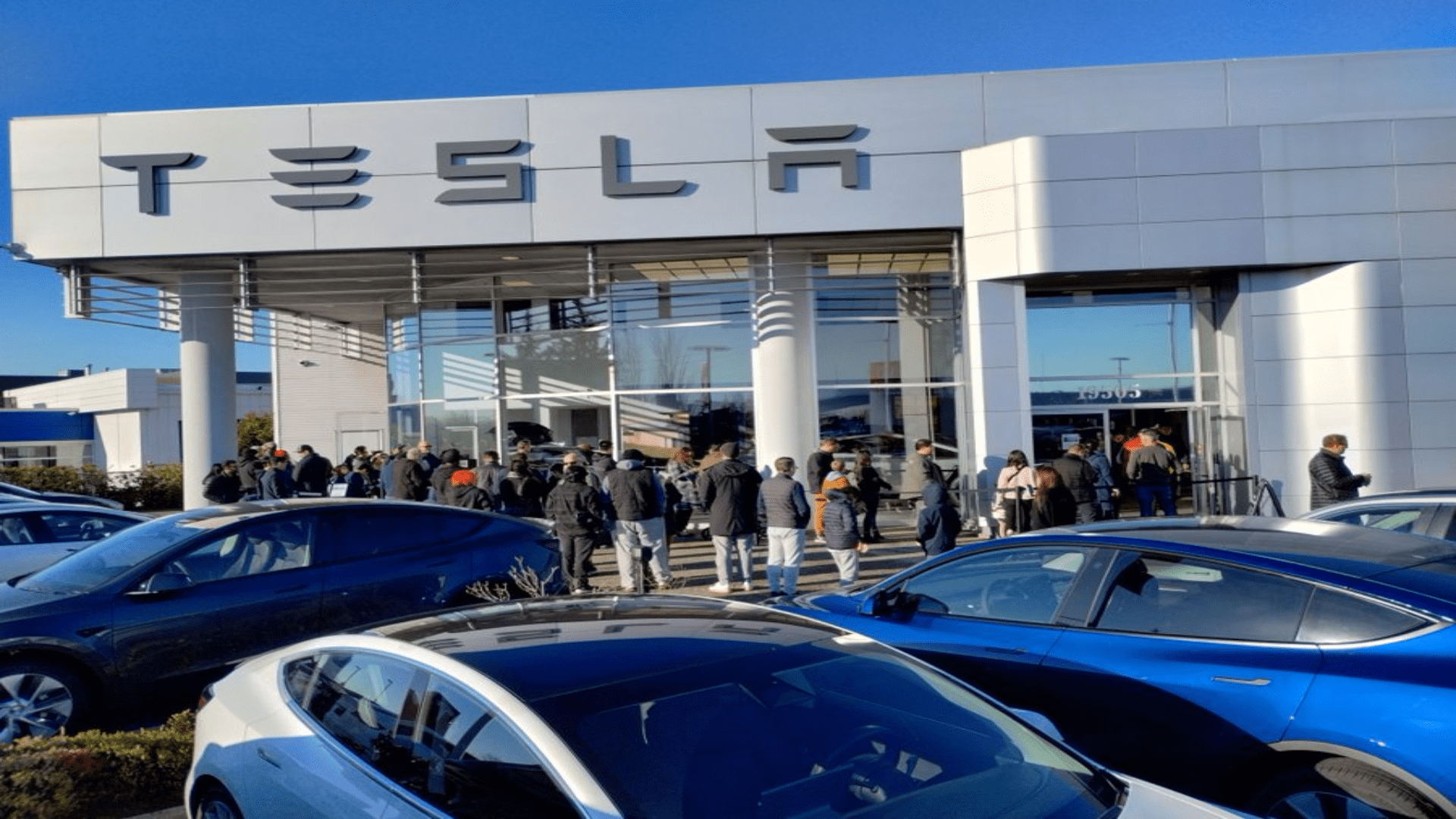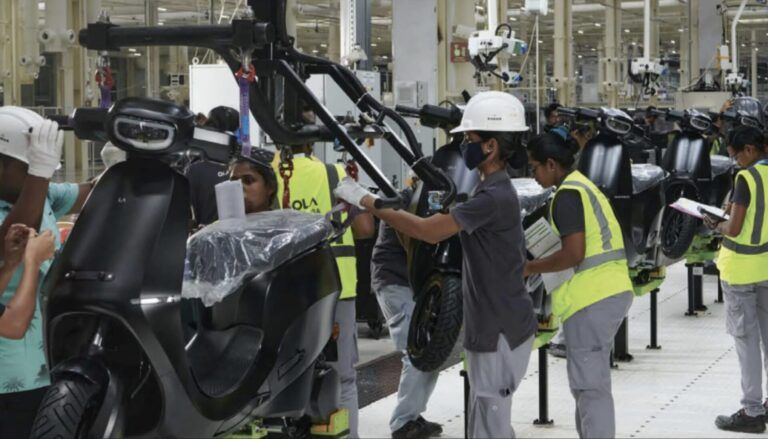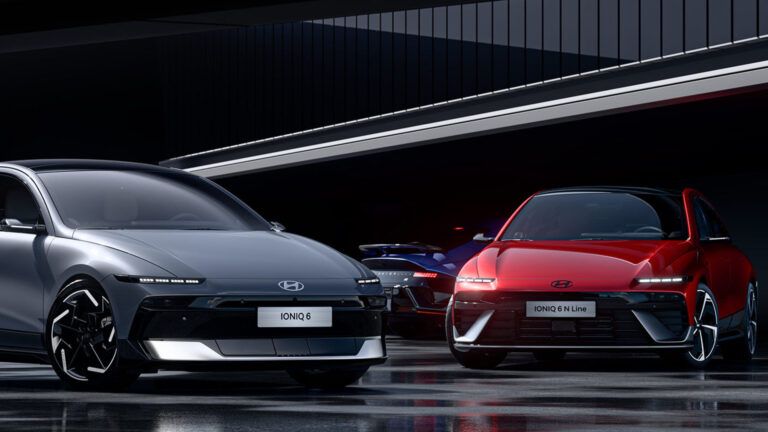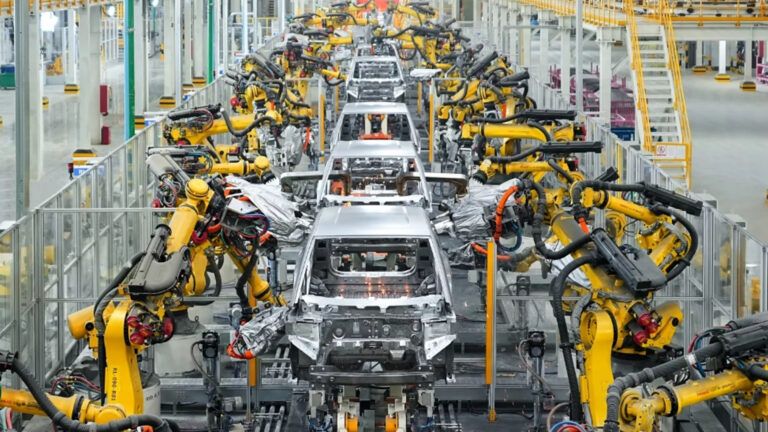Elon Musk’s Tesla Inc. has taken legal action against Gurugram-based Tesla Power India Pvt. Ltd. in the Delhi High Court for allegedly violating its trademark, ‘Tesla,’ according to various reports.
The Delhi High Court responded to Tesla Inc.’s complaint by issuing a notice on Thursday. Additionally, it prohibited Tesla Power from releasing any promotional ads featuring EV products with a similar Tesla trademark.
Tesla Inc. asserted that Tesla Power’s trademark use in India negatively impacted its business interests. Moreover, it argued that Gurugram-based firm markets itself as an EV company, causing more confusion among consumers. Further, it claimed that consumers purchase Tesla Power batteries under the assumption that they belong to Tesla Inc.
The EV giant’s legal representative urged immediate action against Tesla Power’s use of the Tesla trademark. However, the court condemned Tesla Inc. for failing to show any urgency because it has been in contact with Tesla Power on the trademark issue since 2020.
The court ruled that Tesla Power cannot be closed all of a sudden since it has been in business for four years. Moreover, it deserves the chance to present its case.
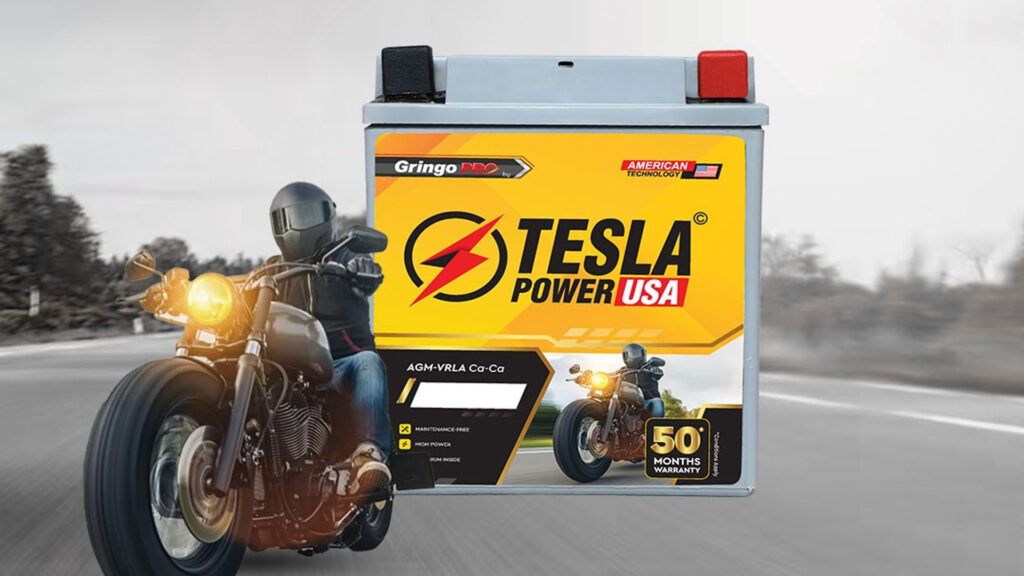
Response from Tesla Power
Tesla Power said it manufactures lead-acid batteries for standard vehicles and inverters rather than EV batteries. Kavinder Khurana, Tesla Power India Chairman, affirmed that the company has no intentions to venture into the EV market.
Furthermore, it clarified that the ad featuring the Tesla trademark was associated with another entity named e-Ashwa, with whom Tesla Power has a strategic alliance to market branded products.
According to a company’s representative, Tesla Power, operational since 2020, boasts a customer base exceeding one million in India.
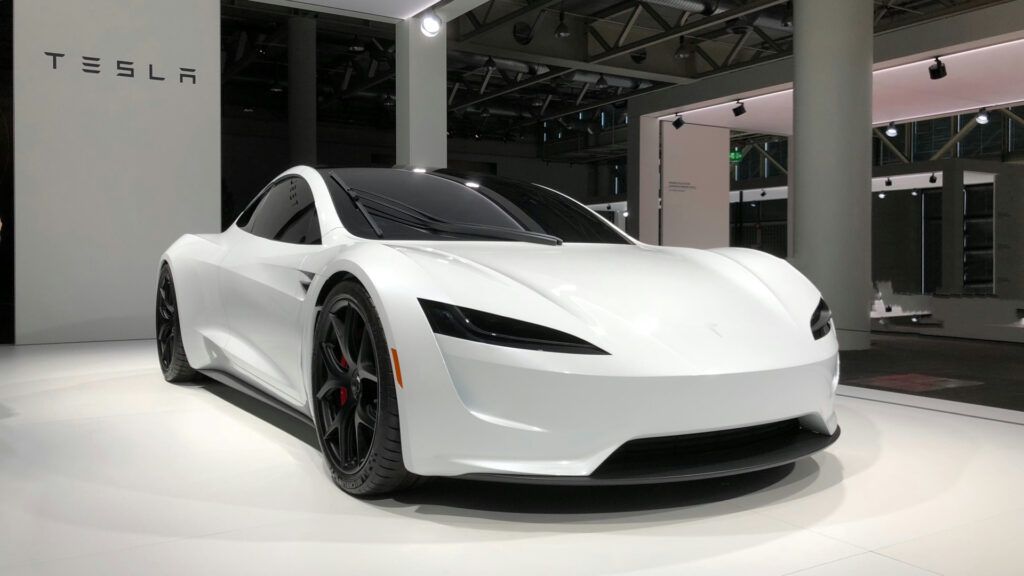
Tesla’s Potential Investment Plan for India
Elon Musk, the CEO of Tesla, recently delayed his highly anticipated trip to India, citing existing obligations with Tesla. Media reports indicate that Tesla is planning around $30 billion investment in India within the next five years. The investment would involve setting up a manufacturing facility and a battery ecosystem.
The Indian government introduced a new EV policy on 15 March to facilitate Tesla’s entry into the Indian market. This policy includes tax reductions on specific electric vehicles as a key component.

